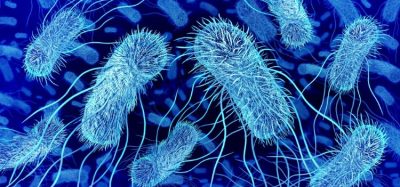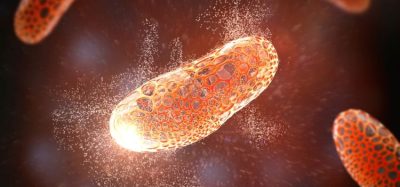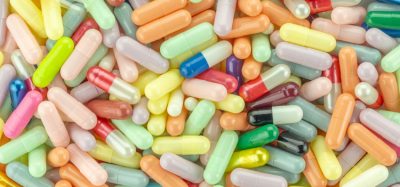New digital filter aims to improve chemical measurements
Posted: 8 May 2019 | European Pharmaceutical Review | No comments yet
A filter has been designed to create more exact measurements early in the drug development stage and help move a drug to clinical trials faster.


Garth Simpson, a professor of analytical and physical chemistry in Purdue’s College of Science, created the filter as part of his work with the Merck-Purdue Center for Measurement Science which is focused on developing technology to improve drug manufacturing and formulation. This is to support the pharma industry in expediting drug discovery and delivery.
Precise measurements are critical to the discovery, development and usage of medications. Major financial and scientific decisions within pharmaceutical companies are informed by the outcomes of chemical and biological analyses. Even slight measurement variations can add risk and uncertainty in these high-stakes decisions.
According to the Food and Drug Administration, it can take up 10 to 15 years or longer to move a drug from discovery to the public.
Simpson said any practical measurement of an event, including those used for drug discovery, is always a combination of the event itself and the response of the measuring instrument. He said most algorithms used to correct for the response function of the instrument require a great deal of knowledge about the instrument itself.
“Our digital filter approach only requires that a user have the data,” Simpson said. “Our filter and algorithm then use non-negative matrix factorisation over short sections of data to allow the analysis of data sets that are too large to be characterised by other conventional approaches.”
The filter uses mathematical formulas to analyse and organise the data, which sometimes contains millions of individual data points, into useable sets for researchers and drug developers.
Simpson said the Purdue filter can be used for measurements in microscopy, chromatography and triboluminescence, all of which are used in the early stages of drug development to determine which molecules show the greatest potential to move ahead to clinical trials.
The technology is published in the March 25 edition of Analytical Chemistry.
Related topics
Analytical techniques, Big Data, Clinical Trials, Data Analysis, Drug Development, Drug Manufacturing, Formulation, Research & Development (R&D), Technology









